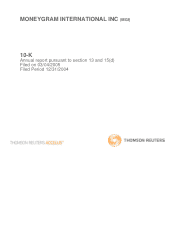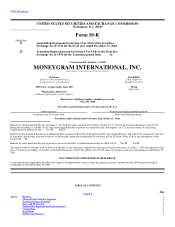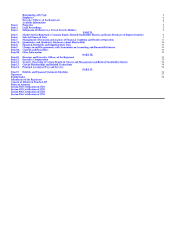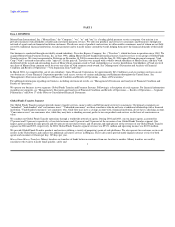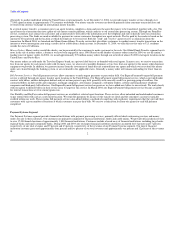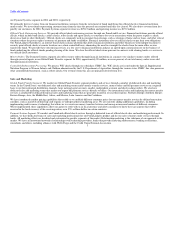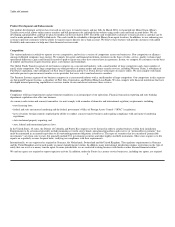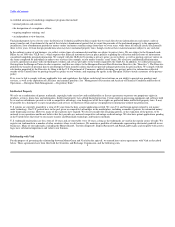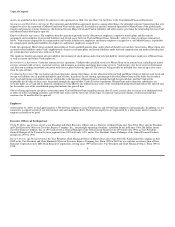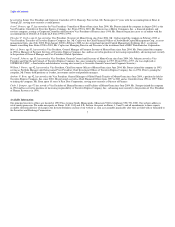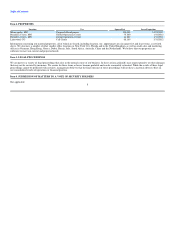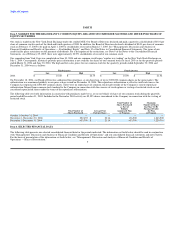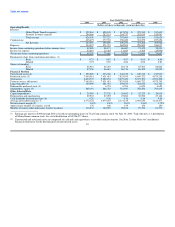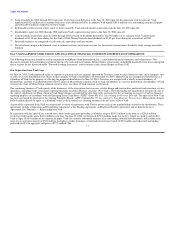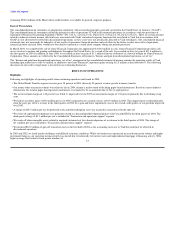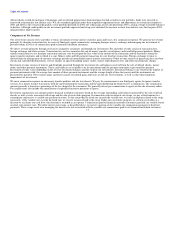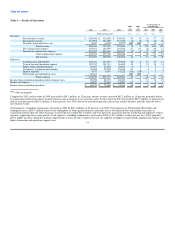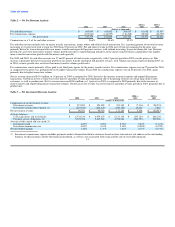MoneyGram 2004 Annual Report Download - page 8
Download and view the complete annual report
Please find page 8 of the 2004 MoneyGram annual report below. You can navigate through the pages in the report by either clicking on the pages listed below, or by using the keyword search tool below to find specific information within the annual report.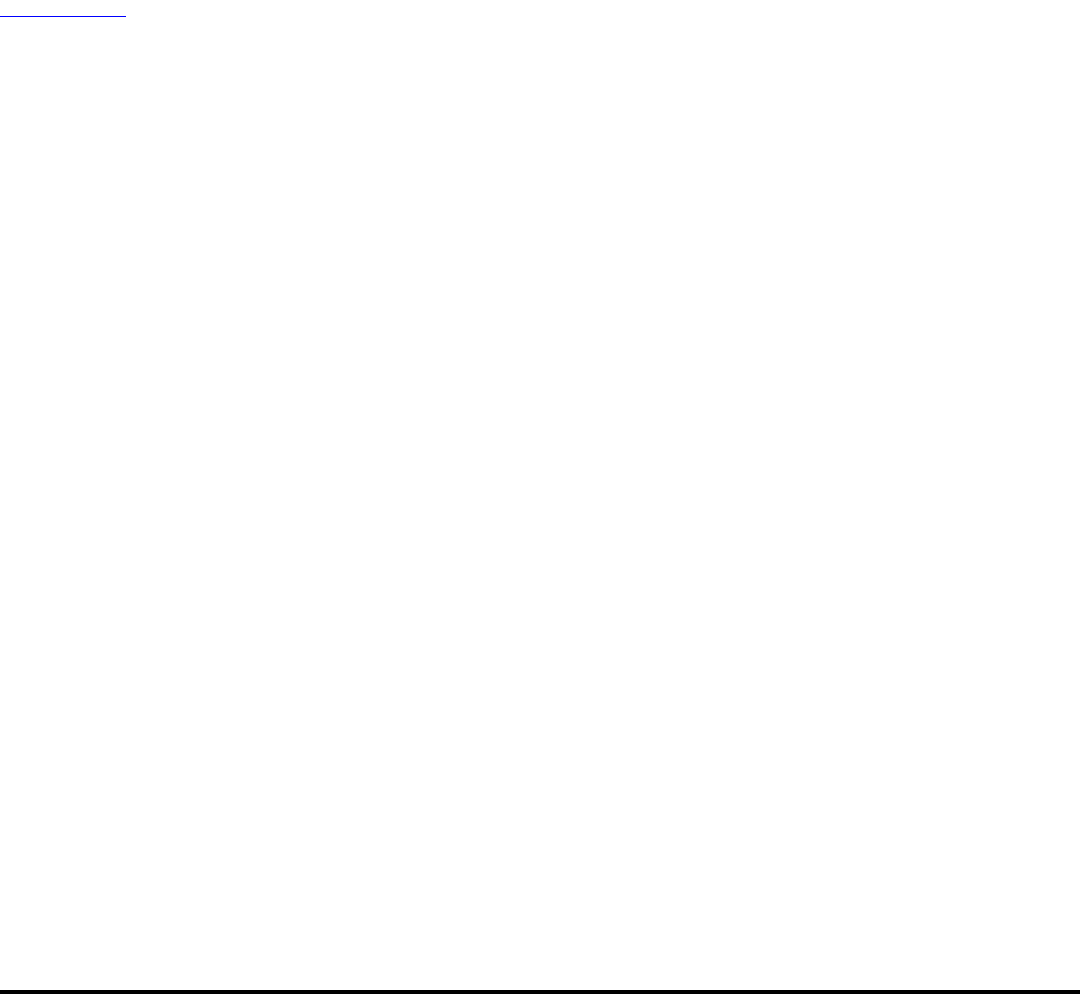
Table of Contents
to establish anti-money laundering compliance programs that include:
• internal policies and controls;
• the designation of a compliance officer;
• ongoing employee training; and
• an independent review function.
Unclaimed property laws of every state, the District of Columbia and Puerto Rico require that we track the relevant information on each money order or
money transfer and, if unclaimed at the end of the statutory abandonment period, that we remit the proceeds of the unclaimed property to the appropriate
jurisdiction. State abandonment periods for money orders and money transfers range from three to seven years, while those for official checks are generally
three to five years. Certain foreign jurisdictions also may have unclaimed property laws, though we do not have material amounts subject to any such law.
In the ordinary course of our business, we collect certain types of consumer data and thus are subject to privacy laws. We are subject to the Gramm-Leach-
Bliley Act of 1999 (the "GLB Act"), which requires that financial institutions have in place policies regarding the collection and disclosure of information
considered nonpublic personal information. We comply with the GLB Act by posting a privacy notice on our website, as well as posting a privacy notice on
the forms completed by individuals in order to use services (for example, on our money transfer "send" form). We also have confidentiality/information
security agreements in place with our third-party vendors and service providers to the extent required by the GLB Act. In addition, we collect personal data
flowing from the European Union to other countries, and thus are subject to the European Personal Data Protection Directive (the "Directive"). The Directive
prohibits the transfer of personal data to non-European Union member nations that do not provide adequate protection for personal data. We comply with the
safe harbor permitted by the Directive by filing with the U.S. Department of Commerce, publicly declaring our privacy policy for information collected
outside of the United States by posting our privacy policy on our website, and requiring our agents in the European Union to notify customers of the privacy
policy.
If we were to fail to comply with any applicable laws and regulations, this failure could result in restrictions on our ability to provide our products and
services, as well as the imposition of civil fines and criminal penalties. See "Management's Discussion and Analysis of Financial Condition and Results of
Operations — Enterprise Risk Management — Regulatory Risk."
Intellectual Property
We rely on a combination of patent, trademark, copyright, trade secret law and confidentiality or license agreements to protect our proprietary rights in
products, services, know-how and information. Intellectual property laws afford limited protection. Certain rights in processing equipment and software held
by us and our subsidiaries provide us with a competitive advantage, even though not all of these rights are protected under intellectual property laws. It may
be possible for a third party to copy our products and services or otherwise obtain and use our proprietary information without our permission.
U.S. patents are currently granted for a term of 20 years from the date a patent application is filed. We own U.S. and foreign patents related to our money
order technology. Our U.S. patents have in the past given us competitive advantages in the marketplace, including a number of patents for automated money
order dispensing systems. However, many of these patents have expired. We do not consider the remaining patents, or the expiration of the patents, to be
material to our operations and do not believe that they provide any material competitive advantage or disadvantage. We also have patent applications pending
in the United States that relate to our money transfer and PrimeLink technology and business methods.
U.S. trademark registrations are for a term of 10 years and are renewable every 10 years as long as the trademarks are used in the regular course of trade. We
register our trademarks in a number of other countries where we do business. We maintain a portfolio of trademarks representing substantial goodwill in our
businesses. Many of our trademarks, including the MoneyGram®, Travelers Express®, ExpressPayment® and PrimeLink® marks and our globe with arrows
logo, have substantial importance and value to our business.
Relationship with Viad
For the purpose of governing the relationship between MoneyGram and Viad after the spin-off, we entered into various agreements with Viad as described
below. These agreements have been filed with the Securities and Exchange Commission, and the following sum-
5

